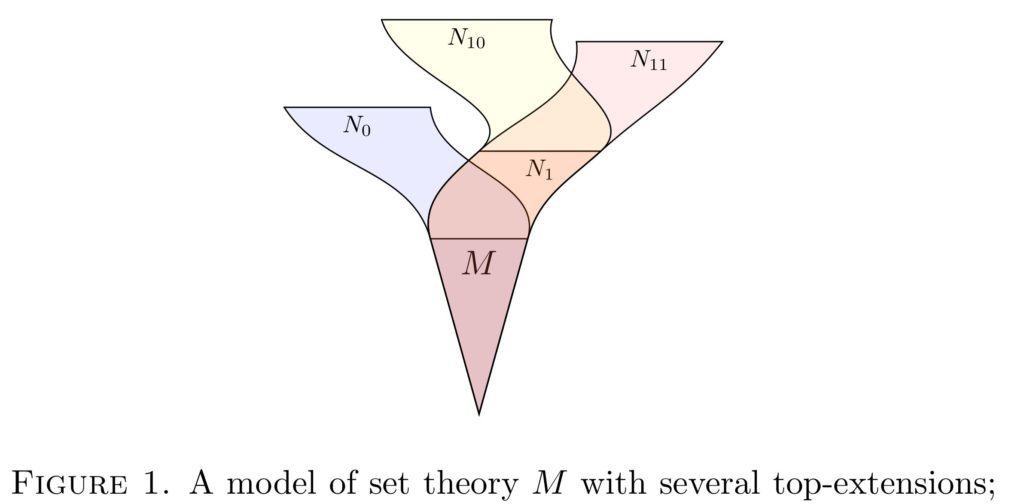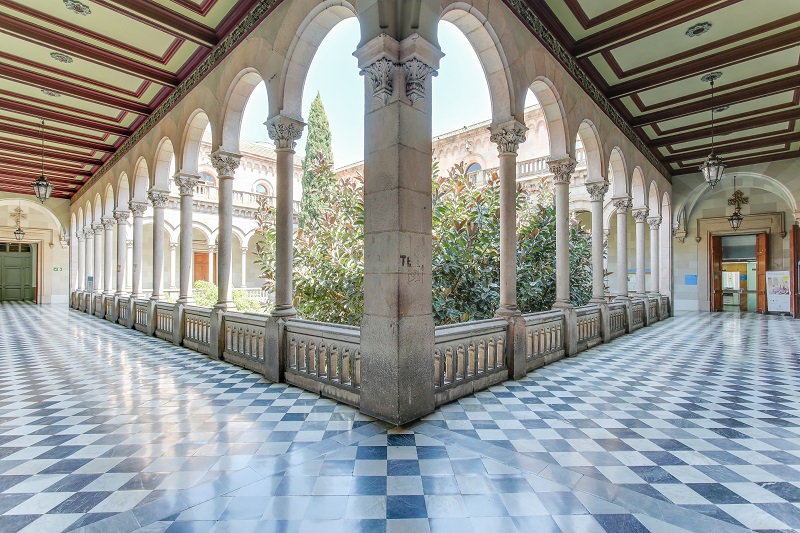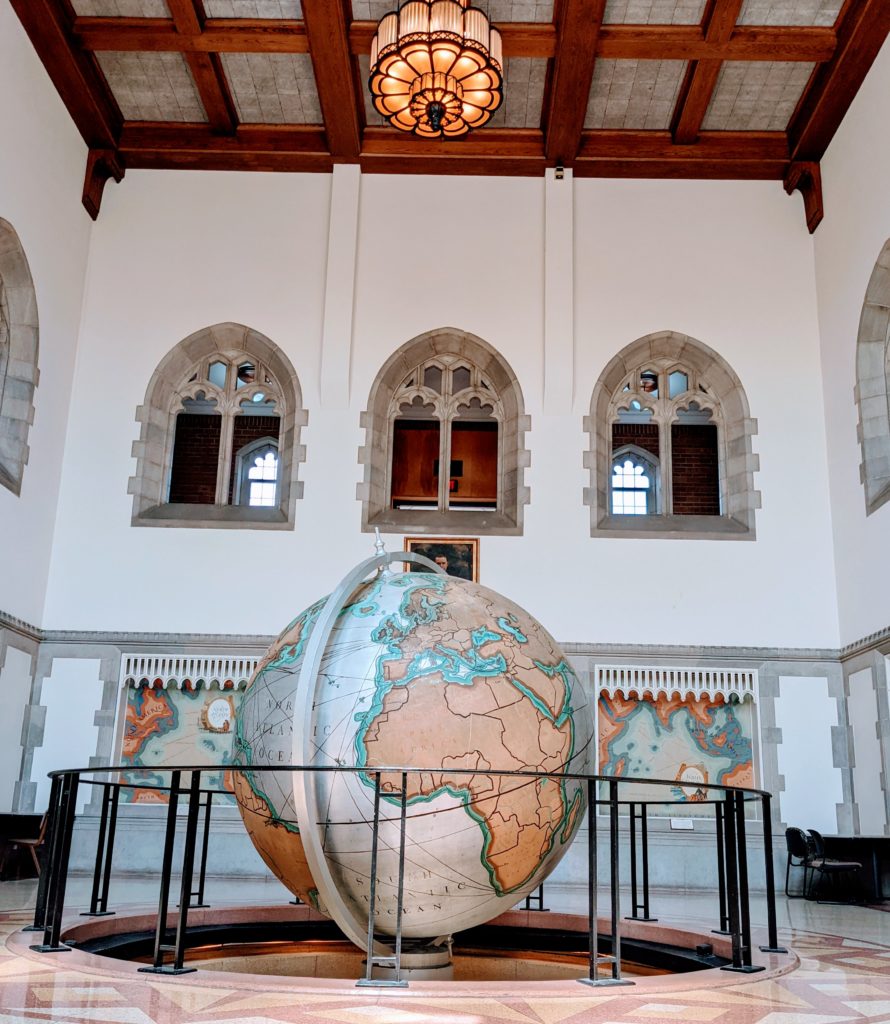[bibtex key=HamkinsLeahy2016:AlgebraicityAndImplicitDefinabilityInSetTheory]
We aim in this article to analyze the effect of replacing several natural uses of definability in set theory by the weaker model-theoretic notion of algebraicity and its companion concept of implicit definability. In place of the class HOD of hereditarily ordinal definable sets, for example, we consider the class HOA of hereditarily ordinal-algebraic sets. In place of the pointwise definable models of set theory, we examine its (pointwise) algebraic models. And in place of Gödel’s constructible universe L, obtained by iterating the definable power set operation, we introduce the implicitly constructible universe Imp, obtained by iterating the algebraic or implicitly definable power set operation. In each case we investigate how the change from definability to algebraicity affects the nature of the resulting concept. We are especially intrigued by Imp, for it is a new canonical inner model of ZF whose subtler properties are just now coming to light. Open questions about Imp abound.
Before proceeding further, let us review the basic definability definitions. In the model theory of first-order logic, an element is definable in a structure if it is the unique object in satisfying some first-order property there, that is, if just in case . More generally, an element is algebraic in if it has a property exhibited by only finitely many objects in , so that is a finite set containing . For each class we can similarly define what it means for an element to be -definable or -algebraic by allowing the formula to have parameters from .
In the second-order context, a subset or class is said to be definable in , if for some first-order formula . In particular, is the unique class in with , in the language where we have added a predicate symbol for . Generalizing this condition, we say that a class is implicitly definable in if there is a first-order formula in the expanded language, not necessarily of the form , such that is unique such that . Thus, every (explicitly) definable class is also implicitly definable, but the converse can fail. Even more generally, we say that a class is algebraic in if there is a first-order formula in the expanded language such that and there are only finitely many for which . Allowing parameters from a fixed class to appear in yields the notions of -definability, implicit -definability, and -algebraicity in . Simplifying the terminology, we say that is definable, implicitly definable, or algebraic over (rather than in) if it is -definable, implicitly -definable, or -algebraic in , respectively. A natural generalization of these concepts arises by allowing second-order quantifiers to appear in . Thus we may speak of a class as second-order definable, implicitly second-order definable, or second-order algebraic. Further generalizations are of course possible by allowing to use resources from other strong logics.
The main theorems of the paper are:
Theorem. The class of hereditarily ordinal algebraic sets is the same as the class of hereditarily ordinal definable sets:
Theorem. Every pointwise algebraic model of ZF is a pointwise definable model of ZFC+V=HOD.
In the latter part of the paper, we introduce what we view as the natural algebraic analogue of the constructible universe, namely, the implicitly constructible universe, denoted Imp, and built as follows:
Theorem. Imp is an inner model of ZF with .
Theorem. It is relatively consistent with ZFC that .
Theorem. In any set-forcing extension of , there is a further extension with .
Open questions about Imp abound. Can differ from ? Does satisfy the axiom of choice? Can have measurable cardinals? Must be in when it exists? (An affirmative answer arose in conversation with Menachem Magidor and Gunter Fuchs, and we hope that will subsume further large cardinal features. We anticipate a future article on the implicitly constructible universe.) Which large cardinals are absolute to ? Does have fine structure? Should we hope for any condensation-like principle? Can CH or GCH fail in ? Can reals be added at uncountable construction stages of ? Can we separate from HOD? How much can we control by forcing? Can we put arbitrary sets into the of a suitable forcing extension? What can be said about the universe of sets implicitly constructible relative to and, more generally, about for other sets ? Here we hope at least to have aroused interest in these questions.
This article arose from a question posed on MathOverflow by my co-author Cole Leahy and our subsequent engagement with it.












